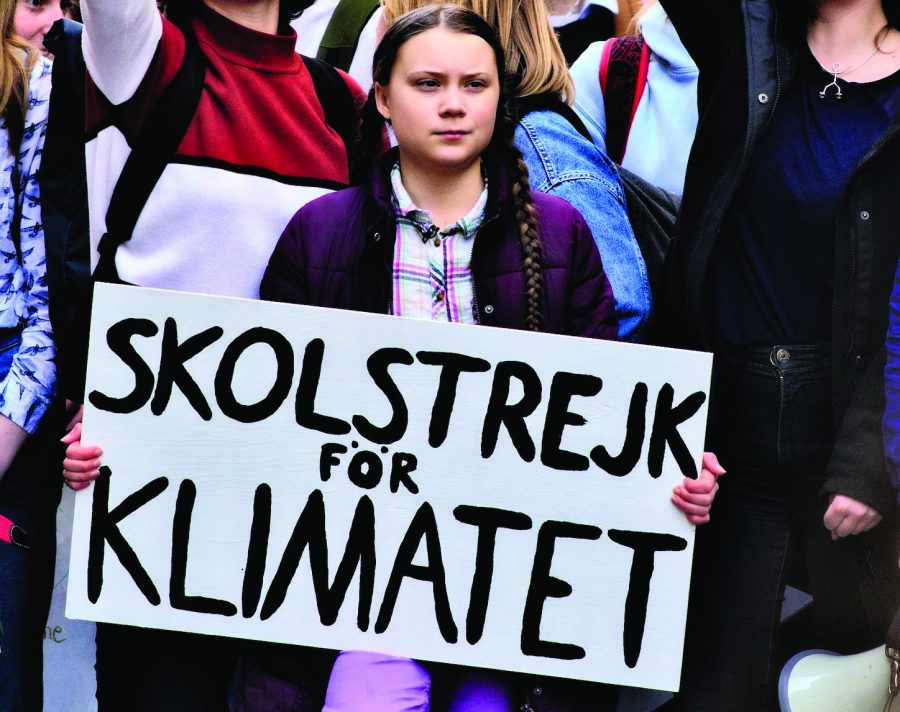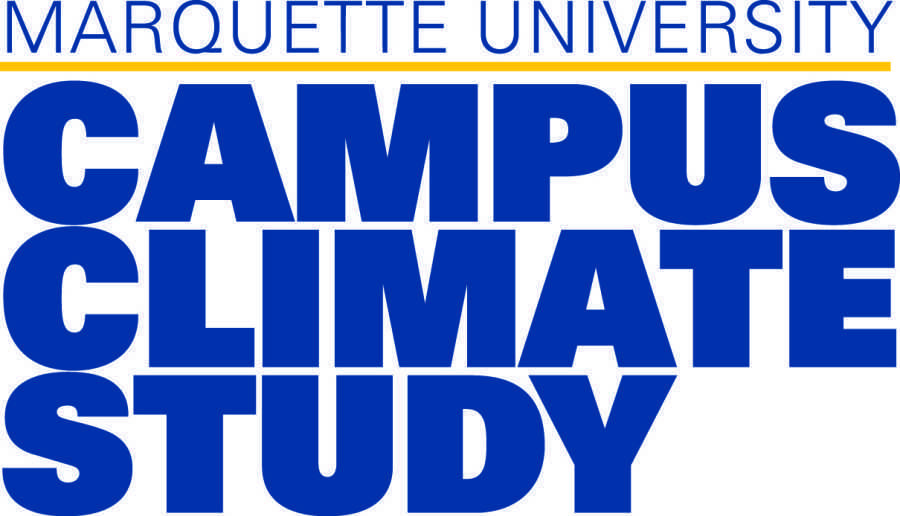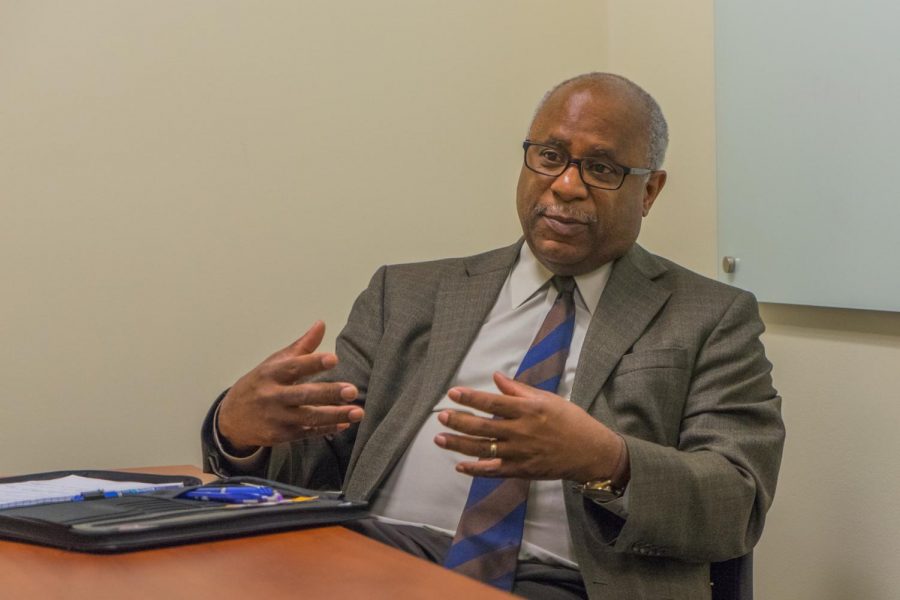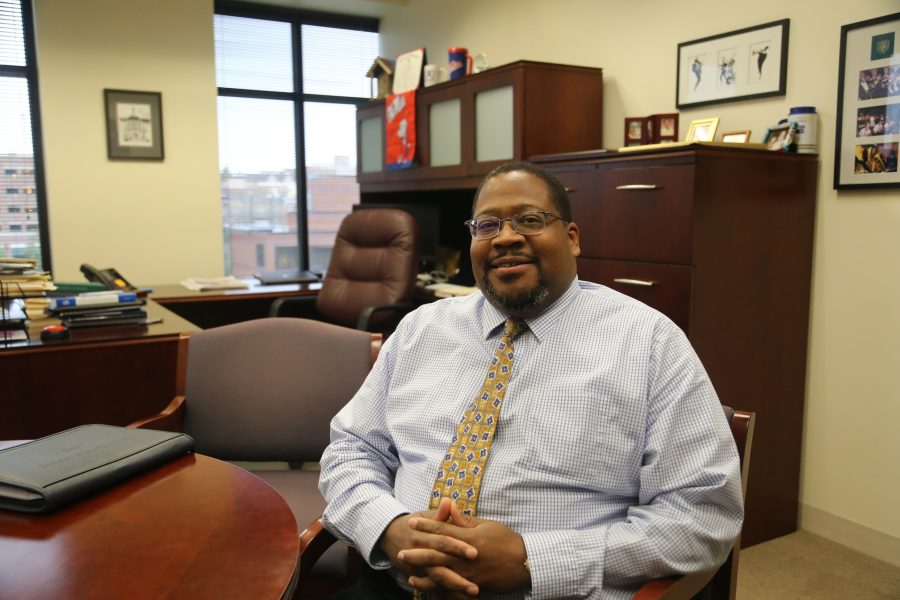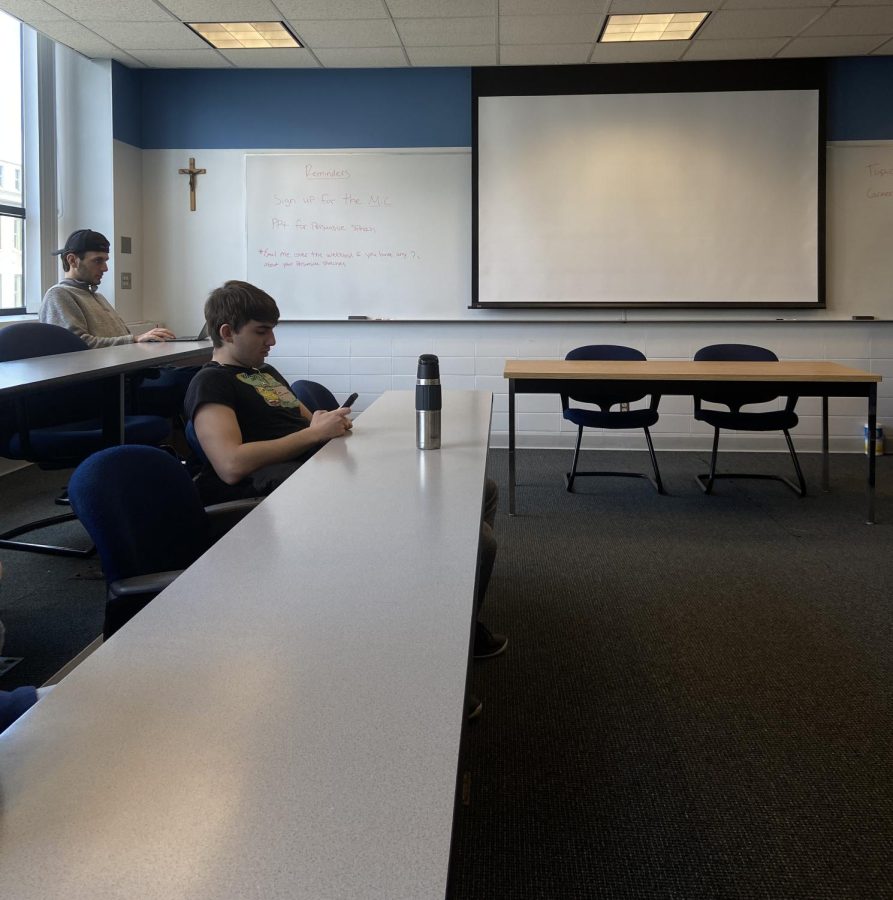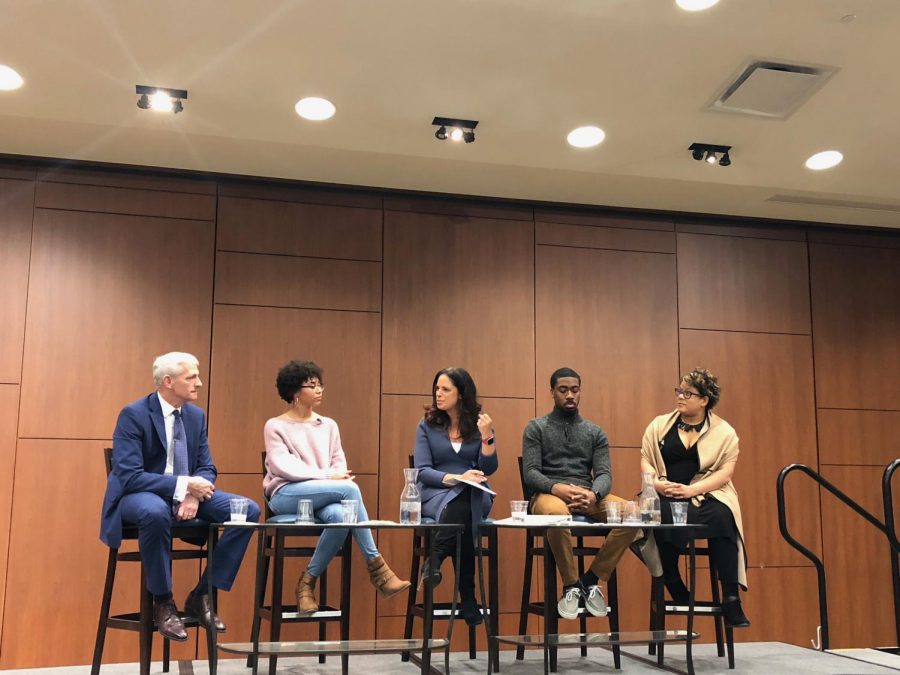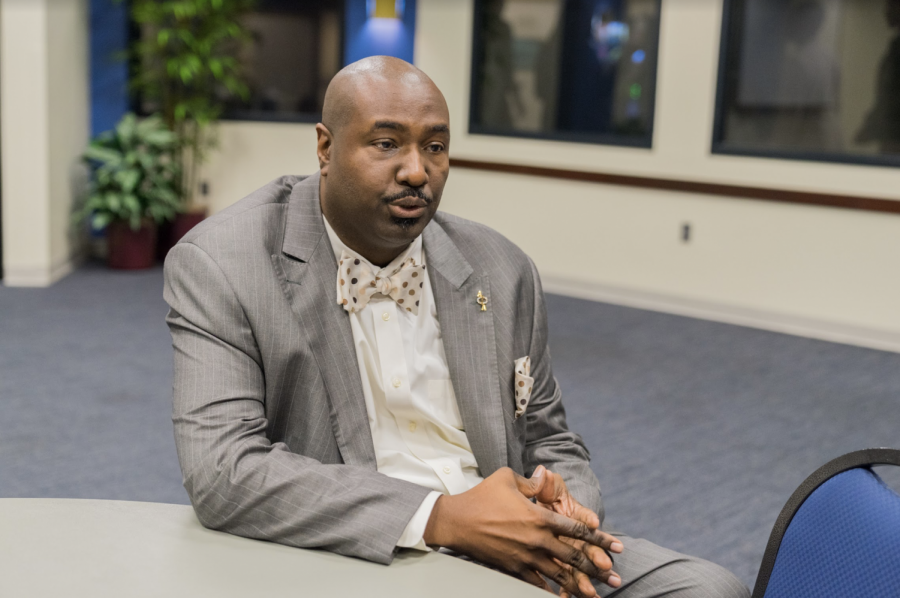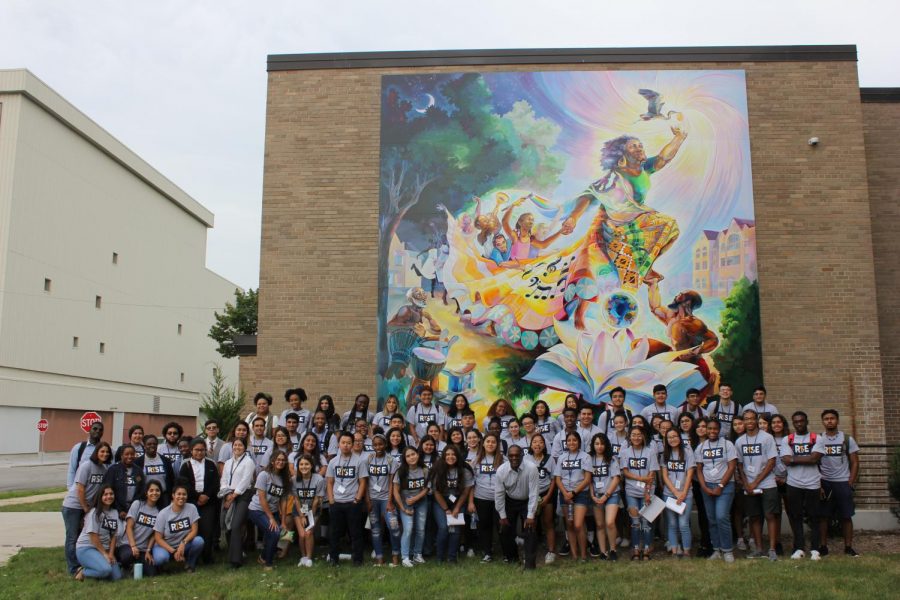 Marquette is a relatively small university, but as is true in many communities, it can be hard to feel heard with many different people around. Difficulties can arise when we try to have open conversations about the issues facing campus and how we want to see them change.
Marquette is a relatively small university, but as is true in many communities, it can be hard to feel heard with many different people around. Difficulties can arise when we try to have open conversations about the issues facing campus and how we want to see them change.
That is where the university has stepped in and suggested a plausible means to address the problem of silencing on campus. The Marquette Climate Study Survey, launched a few weeks ago for the entire campus community to complete, is a good start to initiate greater discussion. With the deadline for completion this coming Friday, members of the Marquette community, students, staff and faculty alike, should look at and complete the study to voice their concerns about issues they find pertinent on campus.
The study is constructed to take in concerns from all demographics and covers many issues that Marquette has struggled with in its history. From access for those with disabilities to LGBTQ, racial and religious concerns, the survey study is necessary to understand how those working and studying at Marquette believe the university is addressing problems as they arise.
While this is a great idea, the survey requires participation. If people do not voice their concerns, they cannot expect change. The climate survey is trying to understand the concerns of the Marquette community regarding how we feel as members of this community and people need to be a part of it to encourage positive growth.
Marquette has faced some controversies related to issues highlighted in this survey. Past incidents of sexual assault, the widely identified lack of diversity on campus and LGBTQ and gender issues make this survey necessary. In order for the university to address these issues, the reality must come to light through the voices of those who care about our campus culture.
From a personal standpoint, being an individual with a disability, it is extremely important to me for my concerns to be heard with regards to campus accessibility, both mobility-wise and academically. Unfortunately, I cannot access the survey using the technology available to me, making it more difficult for me to register my concerns and be heard.
It is ironic that the survey intended for all of campus can be alienating and this in itself demonstrates the need for a more realistic and accessible campus. While the climate survey opens up the conversation, it is by no means all-inclusive and more must be done to involve all individuals.
The social climate of Marquette often seems dictated by the Jesuit values the university upholds. While these values need to be acknowledged and respected, inclusion is extremely important especially to those who view themselves as different from the ordinary.
This climate survey is a very important step in understanding both students and faculty when it comes to their concerns being in the Marquette community. The climate survey needs to be taken seriously both by participants and those reviewing the material.
Individuals have very real concerns and just asking for feedback, while being an important step, is only the first step in a bigger campus-wide inclusion process. While, as a minority on campus, I take this survey and the feedback I offer seriously, everyone should also take the opportunity to voice their opinions seriously. It is not only about voicing concerns, but also recognizing what has worked and what needs to continue to ensure the success of campus for students and faculty.


